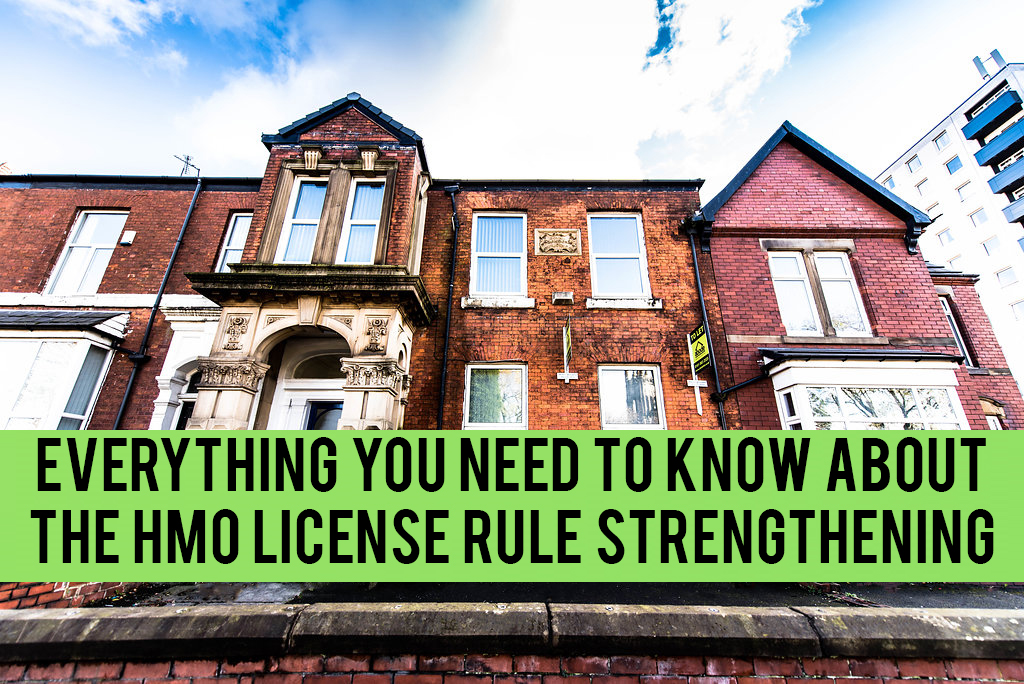Landlords who are renting out multi-occupied properties at present aren’t necessarily required to hold a house in multiple occupation (HMO) license, subject to the scale of their property. Later this year however, this is set to change.
Under the new rules, Landlords who currently own a HMO will be required to ensure they obtain a new license for the property. An estimated 60,000 HMO’s already require a license across the country, however this could be increased to an additional 170,000 properties in a bid to improve housing conditions.
(Please not – If you feel like you need help with all of this please take a look at our property management in Manchester services page).
The new licensing rules will impose minimum standards on room sizes throughout the properties, storage facilities and waste disposal for all HMOs. This also includes conversions and properties of multiple use.
Furthermore, the legislation will also scrap the level of storeys required to fall within the scope of licensing. HMOs currently have to stand at a minimum of three storeys or more to be categorised as such. This rule will be withdrawn and a property can be licensed as a HMO even only a single storey.
Local councils will also be granted additional powers to adjust the benchmarks and licensing fees if they see fit. However, some property owners believe that regions outside London won’t be affected, because the new standards are already being met.
This raises concerns that more needs to be done by the Government to dispel this myth and inform all HMO landlords of the impending changes.
If you fail to comply with the new licensing rules, you could find yourself with rooms that you can no longer let, undersized living areas and a serious gap in your rental income.
Room size requirements may also be subject to change, to 10m2 in which all tenants have their own bathrooms, but share other facilities such as a kitchen.

The new regulations are likely to pile pressure on landlords, who already face a number of new financial headwinds, such as the higher rate of Stamp Duty and cuts to mortgage interest tax relief.
The legislation was initially due to be introduced in spring last year, but was delayed due to the snap General Election. This is good news for landlords, however, as it allows a grace period to catch up with the new licensing rules.
There is currently no set date for the introduction of increased HMO licensing. However, the Government says that it is hoping to bring the new system into force later this year, subject to approval from both the House of Commons and House of Lords.








